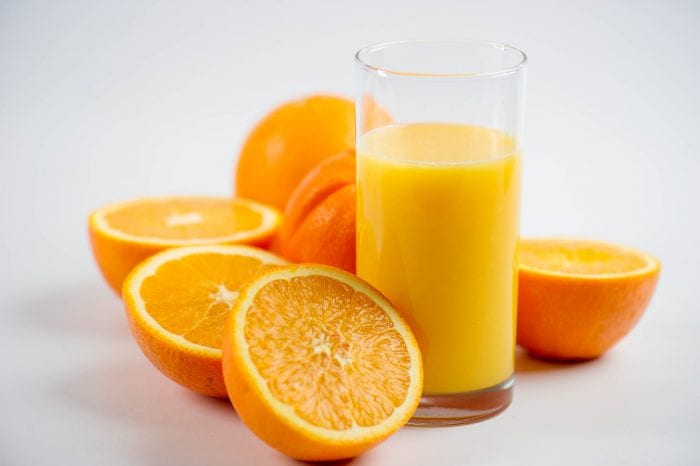Catching up on vitamin D
Daylight saving time ends on Nov. 1, making the days shorter and providing fewer hours to access vitamin D from natural sunlight. That’s why Northwell Health-GoHealth Urgent Care is encouraging New Yorkers to ask their doctors to check their vitamin D levels.
This year, with COVID-19 still present in the region, it’s especially important to make sure everyone gets enough vitamin D, as research continues to emerge showing that those with low vitamin D levels may be more susceptible to catching the coronavirus.
“Half of Americans are deficient in vitamin D, with much higher rates seen in African Americans, Hispanics, and individuals living in areas where it is difficult to get enough sun exposure in winter,” said Dr. Neal Shipley, the Medical Director for Northwell Health-GoHealth Urgent Care.
“People who are deficient in vitamin D may be at higher risk of contracting COVID-19 than those with sufficient levels, according to the results of a new retrospective study,” he said.
That study, “Association of Vitamin D Status and Other Clinical Characteristics With COVID-19 Test Results,” was published in early September in JAMA Network Open.
“Individuals with untreated vitamin D deficiency were nearly twice as likely to test positive for COVID-19 relative to their peers with adequate vitamin D levels,” Dr. Shipley added. “These findings appear to support a role of vitamin D status in COVID-19 risk.”
There are a host of benefits to gain by having adequate vitamin D levels.
“Vitamin D is important to the function of the immune system and vitamin D supplements have previously been shown to lower the risk of viral respiratory tract infections,” Dr. Shipley said. “This study suggests this may be true for the COVID-19 infection.”
People can find out if they are deficient through a simple blood test by their physician, who may recommend a vitamin D supplement if levels are low. But people should not take a supplement without first speaking with their doctor, warned Christine Santori, Program Manager Center for Weight Management for Northwell Health System at Syosset Hospital.
“There’s no benefit for supplemental vitamin D if a deficiency isn’t there,” she said. “If you’re taking too much and you don’t need it, there could be concerns of toxicity levels.”
Still, those who are deficient in vitamin D may not realize it, including people who spend the majority of their days outside, Ms. Santori said. With no one-size-fits-all, a physician will prescribe the dosage needed.
There are a myriad of ways to absorb vitamin D, besides sunshine. Fatty fish – including salmon, tuna, trout and cod – eggs, yogurt, other dairy and mushrooms are also sources, as are fortified products such as soy and almond milk, juice and cereals.
But sunlight, a primary vitamin D source, offers other benefits, including helping to regulate mood disorders, enhance bone strength and boost immunity. And new findings continue to emerge, helping medical experts gain a better understanding of vitamin D and its impact on COVID-19.
“Since Vitamin D is inexpensive, safe, widely available, and easy to take, it’s evident that we need to do randomized clinical trials to see whether interventions among groups at increased risk of vitamin D deficiency and COVID-19 could reduce COVID-19 cases,” said Dr. Shipley.







